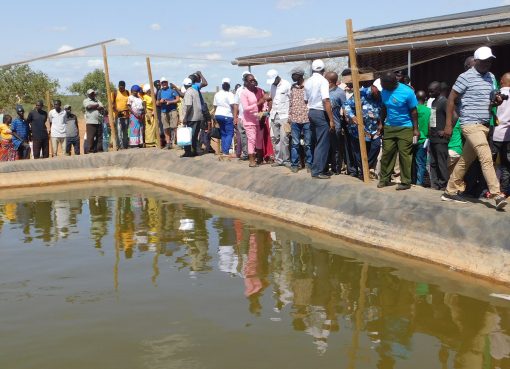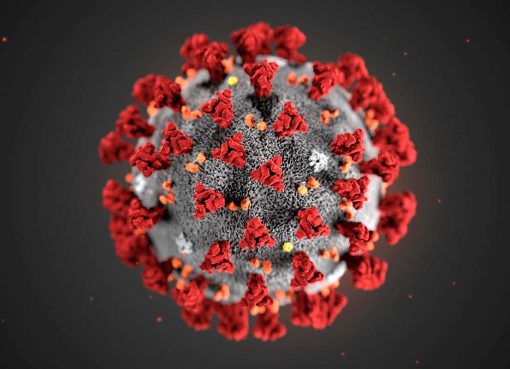The County Government of Mombasa, has signed a Memorandum of Understanding with National Bank of Kenya (NBK), to implement a project aimed at addressing access to essential Health Care, Water, Sanitation and Hygiene (WASH), to Mombasa Residents.
The Director Corporate Banking, Ken Ouko, applauded the Governor for making the initiative, stating that Mombasa is the first County the Bank is getting into an agreement to finance the projects.
He said that there will be implementation of Health Management System (HMS), which will be used to monitor and keep records of the patients, their diagnosis, medication and duration of their treatment, noting that the data once uploaded, can be retrieved by other hospitals in the County.
“A patient does not have to be going to different health facilities with their files, replicating the same information from previous health care centers anymore”, Ouko said.
“The health system will enable us to manage medicine stock across the County, making it easy for the people of Mombasa, to access better medical attention and ensure that the information in the system is real time and contemporary”, Ouko added.
The Second Phase of the agreement revolves around Water and Hygiene projects, which will involve Smart Metering installed by Intelligent Systems, that will enable the County monitor how water is consumed and provided to the citizenry, curbing the water theft issue.
Ouko added that the Bank will also facilitate the development and enhancement of water provision within the county through water Kiosks and reservoirs in various wards.
“Apart from guaranteeing that the people of Mombasa have accessed water, we want to ensure that it is paid for and used for the right purposes,” he said.
Mombasa County Governor, Abdulswamad Sharriff Nassir, assured that the County will go through a major transition of handling patients in the hospitals, through the Health Management System.
Addressing the media at his office, Nassir confirmed that Mombasa County, will also transition from the manual water meters to smart meters, which will be prepaid.
Nassir said that the Smart Water Meter is suitable for gauging unit in residential buildings, and meets the demand for accurate metering and settlement of end users and customers’ demand for big data.
He added that it is also an achievement for the County Government as it ensures minimum non-revenue water.
“We are going to evolve to the modern times of using digital water meters, which work exactly like the electricity one and for those who cannot afford them, you don’t have to worry as we are organizing for a programmed monthly payment method,’’ Nassir concluded.
By Fatuma Said and Michael Maluta





